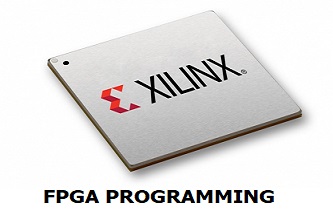Infineon Reveals Carbon Footprint of Power and Automotive Devices
Infineon Technologies is at the forefront of providing engineers with comprehensive Product Carbon Footprint (PCF) data for its chips. This move by Infineon underscores the company's commitment to sustainability and transparency in the semiconductor industry.
The recent publication of the PCF data by Infineon sheds light on the carbon footprint of power devices, ranging from high levels of silicon carbide to gallium nitride and silicon. This data allows for a better understanding of the environmental impact of individual products and enables comparisons to be made regarding their climate impact.
During the upcoming PCIM exhibition in Nuremberg, Germany, Infineon will delve deeper into the details of the Product Carbon Footprint, showcasing the methodology used to calculate greenhouse gas emissions. The company emphasizes that it has incorporated customer needs and industry best practices into its robust methodology.
Infineon's commitment to providing PCF data marks a significant step forward in the semiconductor industry. The company plans to extend this initiative to cover its entire product portfolio, starting with approximately half of its offerings. This proactive approach sets a new standard for carbon transparency within the industry.
Elke Reichart, Member of the Management Board and Chief Digital and Sustainability Officer at Infineon, stated, "By providing comprehensive Product Carbon Footprint data, we are driving the vision of a net-zero society and empowering our customers to reduce carbon emissions even more effectively." This commitment aligns with Infineon's goal of leading not only in technology but also in sustainability.
Infineon's PCF data includes emissions from raw materials, manufacturing processes, partners, and transportation to customers, covering scope 1, 2, and 3 emissions. The data is expressed in kilograms of carbon dioxide equivalent (kg CO2e), offering a holistic view of the environmental impact of its products.
Infineon's focus on sustainability extends beyond carbon footprint transparency. The company aims to achieve carbon neutrality by 2030 for direct and indirect emissions (scope 1 and 2). Additionally, Infineon has committed to setting science-based targets that encompass supply chain emissions (scope 3), demonstrating a comprehensive approach to reducing its environmental impact.
Infineon's chips play a crucial role in enhancing energy efficiency across various applications, including solar and wind power plants, electric vehicles, and AI data centers. The company highlights that its chips save 34 times the amount of CO2e emitted during their production, emphasizing the positive impact of using higher efficiency power devices.
This strategic move by Infineon to break down the carbon footprint to the product level signifies a significant milestone in its sustainability journey. By prioritizing transparency and accountability, Infineon is setting a precedent for the semiconductor industry and driving positive change towards a more sustainable future.
For more information on Infineon's sustainability initiatives and Product Carbon Footprint data, visit Infineon's Sustainability Page.











